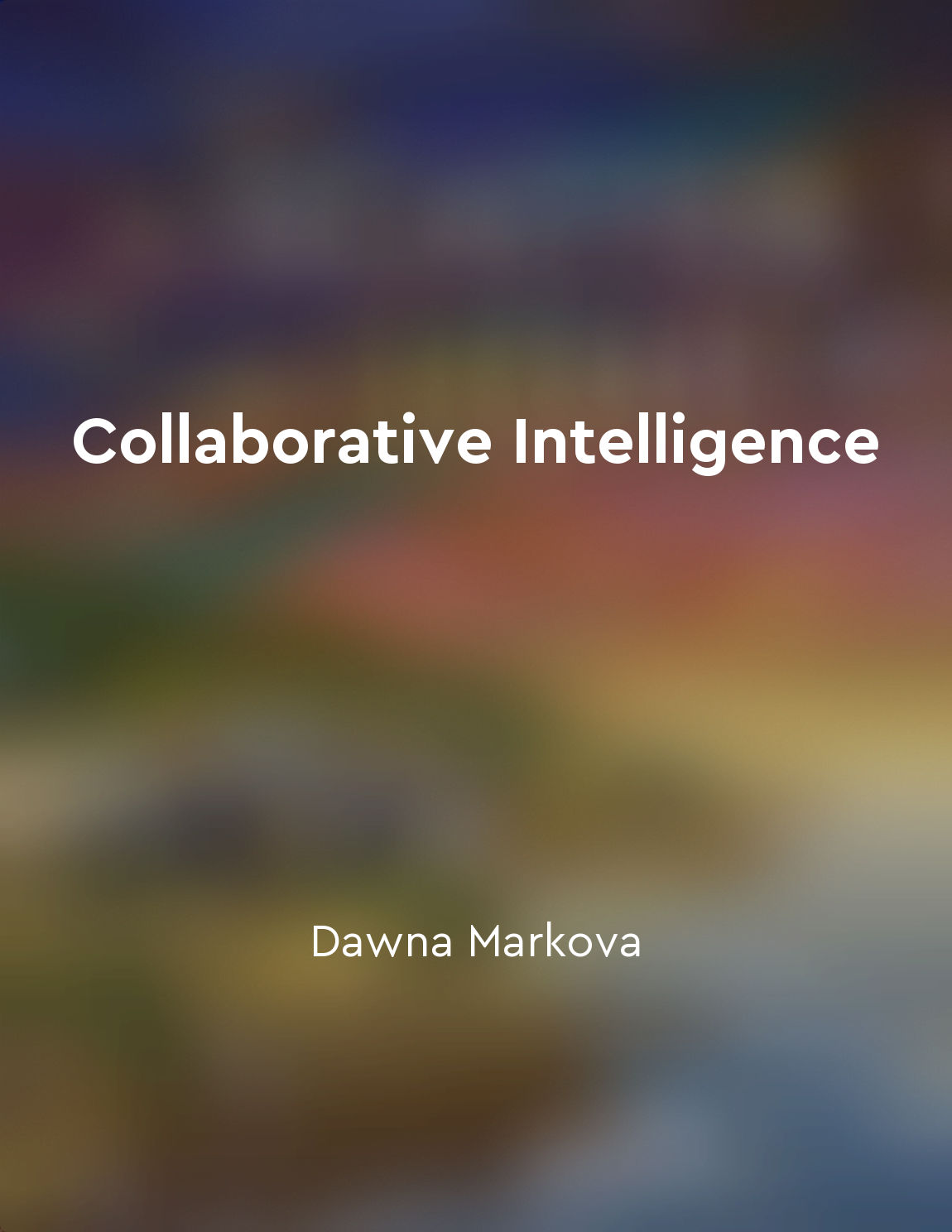Audio available in app
Adapt methodologies to fit the specific context of each project from "summary" of The McKinsey Way by Ethan M. Rasiel
Every project possesses its own unique characteristics, influenced by factors such as industry, client expectations, and timelines. Recognizing this diversity is crucial for achieving successful outcomes. A rigid application of methodologies can lead to misalignment with the project’s needs, resulting in inefficiencies or failure to meet objectives. To effectively navigate this complexity, practitioners must first analyze the specific context surrounding a project. This involves assessing the environment, understanding client dynamics, and identifying potential constraints. By doing so, one can pinpoint the most relevant tools and processes that will enhance the project’s effectiveness. Flexibility becomes a cornerstone of this approach. Instead of adhering strictly to established methodologies, it is vital to modify them to suit particular circumstances. This might mean adopting elements from various frameworks or even creating hybrid models that resonate more closely with the project’s demands. Engaging with stakeholders and soliciting their input further enriches this process, ensuring that the chosen methods align with their expectations and real-world challenges. Communication plays a pivotal role in this adaptive strategy. Clearly articulating the rationale behind chosen methodologies fosters buy-in and collaboration among team members and clients alike. It ensures that everyone involved is on the same page and understands how the approach directly addresses the specific needs at hand.- The capacity to tailor methodologies not only increases the likelihood of successful project delivery but also enhances the overall client relationship. By demonstrating an understanding of the unique aspects of each situation, practitioners establish themselves as trusted partners, capable of delivering value through a customized approach.
Similar Posts
Embrace the power of saying no to unnecessary tasks
You need to understand that you have the power to say no. It might seem simple, but it is a crucial concept when it comes to ma...
Embrace diversity and inclusion in the change process
In order to effectively lead change in an organization, it is essential to embrace diversity and inclusion throughout the chang...
Flexibility in relationships is crucial
Flexibility in relationships is crucial. When we are flexible in our relationships, we show our willingness to adapt, compromis...
Building trust is key to leading effective change initiatives
Trust is the foundation upon which effective leadership and change initiatives are built. Without trust, leaders will struggle ...
People tend to overestimate their knowledge and abilities
Individuals often display a tendency to overestimate their own knowledge and abilities, a phenomenon that can have significant ...
Encourage open and honest communication
One critical aspect of effective team dynamics is creating an environment where team members feel comfortable sharing their tho...
Mechanical engineering principles form the foundation of the field
The field of mechanical engineering is built upon a solid foundation of principles that are essential for understanding and sol...

Trust is the foundation of effective teamwork
Trust in a team is like the soil in which a garden grows. Just as seeds need fertile ground to take root and flourish, a team n...
Seeking feedback helps in refining creative ideas
Creative ideas are like rough diamonds that need to be polished to reveal their true brilliance. Seeking feedback from others i...
Stay committed to your goals despite challenges
To achieve your goals, you must be prepared to face challenges along the way. These challenges can come in many forms - distrac...

